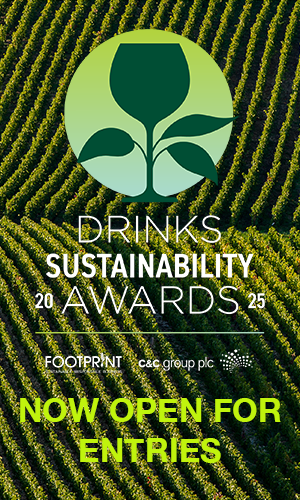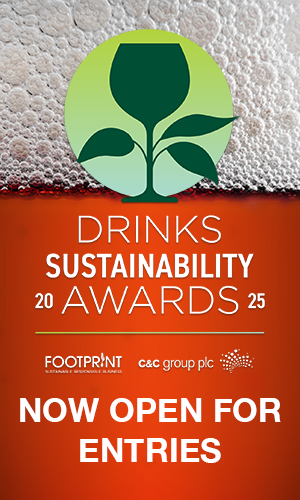DEFRA has launched a four-week “call for evidence” on deposit return schemes for beverage packaging.
Ministers have tasked the “voluntary and economic incentives working group” to look at a number of interventions that could reduce littering and improve recycling.
However, the group has “specifically been asked to consider the advantages and disadvantages of different types of well-designed and well run deposit and reward and return schemes for drinks containers”.
Deposit return schemes (DRS) are run successfully in a number of countries. In September, Scotland’s government announced plans to introduce a nationwide scheme, and reports suggest that Gove is keen on the idea too.
“The plastic bag charge has seen a massive reduction in demand, down 80%,” Gove said at this week’s Conservative party conference in Manchester. “We are looking to go further to reduce plastic waste by working with industry to see how we could introduce a deposit return scheme for plastic bottles.”
Only 57% of plastic bottles are currently recycled. Campaigners say a DRS would significantly reduce plastic marine litter but the packaging sector and many drinks manufacturers claim it will be costly and ineffective.
Coca-Cola is one of the few companies to have broken ranks with industry’s generally anti-DRS stance. However, research published by Greenpeace this week suggested the manufacturer uses 3,400 single-use PET bottles a second.
“Coca-Cola talks the talk on sustainability, but the astonishing rate at which it is pumping out single-use plastic bottles is still growing,” said Louise Edge, senior oceans campaigner at Greenpeace UK. “This isn’t just about litter disfiguring our beaches. Scientists estimate that plastic pollution is in up to 90% of seabirds, in sea salt and tap water from all over the world, and in seafood.”
The Commons environmental audit committee is currently investigating how new deposit schemes, charges or taxes on disposable packaging – including plastic bottles and single use coffee cups – could help to cut litter and increase recycling.











